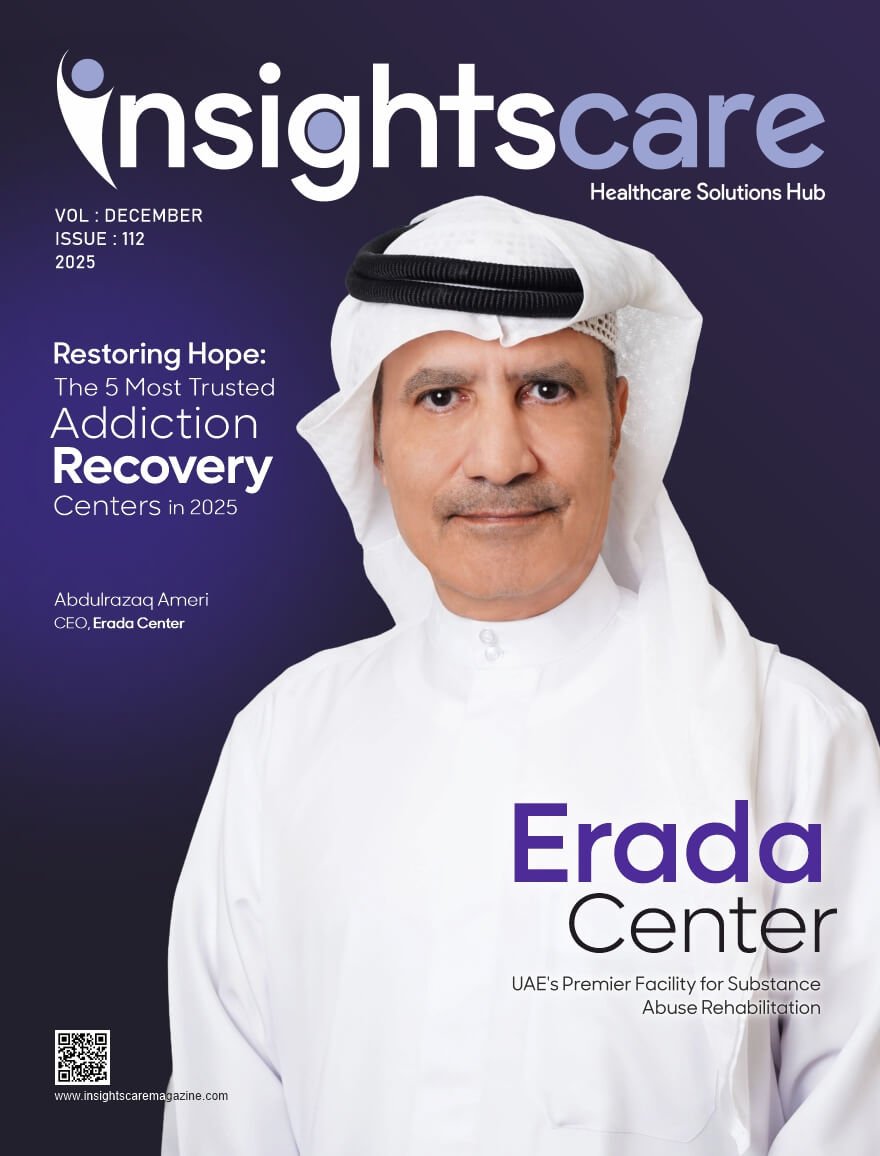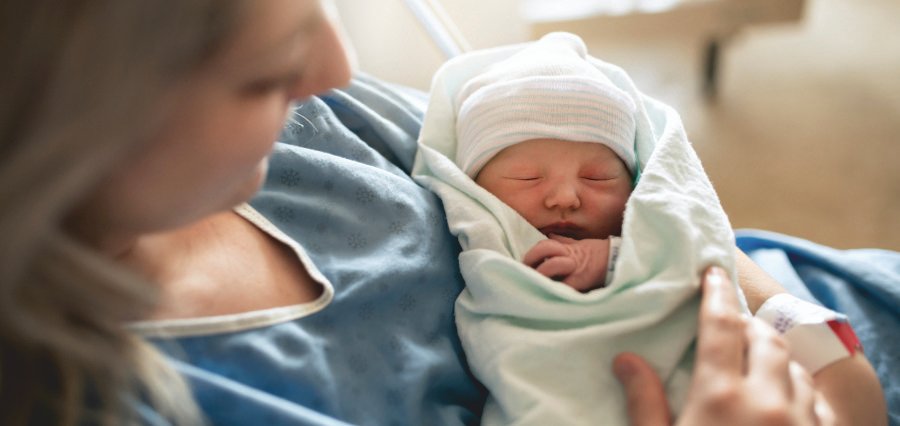Prime Highlight:
- The Maldives has achieved a global first by eliminating mother-to-child transmission of hepatitis B, HIV, and syphilis, marking a major milestone in public health.
- WHO praised the nation’s strong healthcare system and commitment to maternal and child health as key to this historic “triple elimination.”
Key Facts:
- Over 95% of pregnant women in the Maldives receive antenatal care and testing for HIV, syphilis, and hepatitis B, with nearly all newborns vaccinated against hepatitis B at birth.
- Universal health coverage, government spending of over 10% of GDP on health, and WHO-supported partnerships were central to achieving and sustaining this success.
Background
The Maldives has become the first country in the world to eliminate mother-to-child transmission of hepatitis B, HIV, and syphilis, the World Health Organization (WHO) confirmed. This “triple elimination” is an important success for public health.
The Maldives had already been recognized in 2019 for eliminating HIV and syphilis transmission. WHO said the country’s success shows that strong government support and investment in maternal and child health can prevent these dangerous infections in newborns.
More than 95% of pregnant women in the Maldives receive antenatal care, such as HIV, syphilis, and hepatitis B tests, and virtually all newborns receive the hepatitis B vaccine at birth and are thus immune to lifelong infection. In 2023, surveys established that no young children had hepatitis B, and no babies were born with HIV or syphilis in 2022 and 2023.
Universal health coverage, which provides free antenatal care, vaccines, and testing for all residents, including migrants, played a key role. The government spends more than 10% of the GDP on health. Screening, outreach, and technical advice were assisted by partnerships with the private health providers, civil society, and international organizations, including the WHO.
Health officials praised the achievement. Maldives Health Minister Abdulla Nazim Ibrahim said it reflects the nation’s commitment to protecting mothers, children, and future generations. WHO Director-General Dr. Tedros Adhanom Ghebreyesus termed it an inspiration for other countries.
The Maldives plans to sustain progress by strengthening digital health systems, improving laboratories, and expanding services for key populations and migrants. WHO will continue providing technical support to ensure these gains last and to improve overall maternal, child, and adolescent health across the islands.










